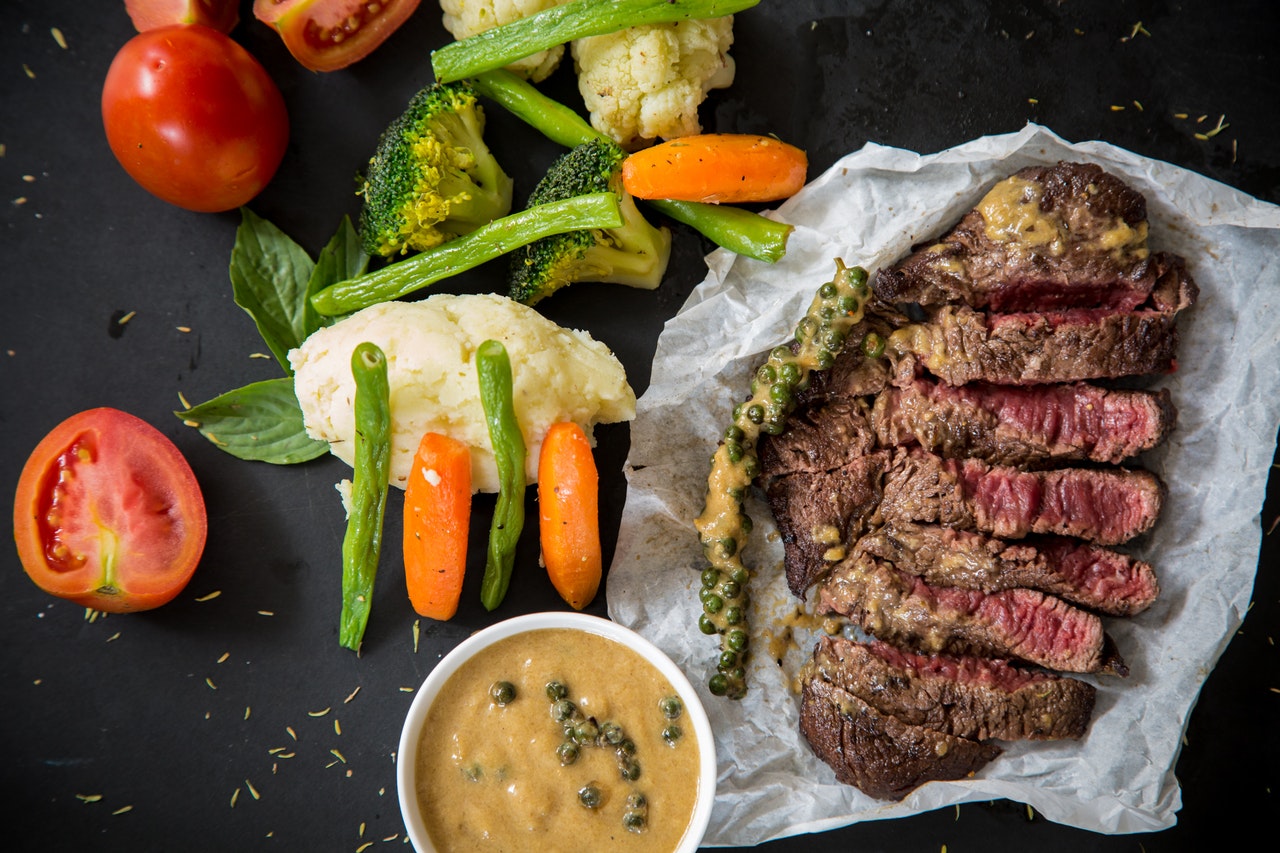How to Consume More Protein Without Supplements

More proteins! More power to theitate! More and more information is coming out in the media about how important (if not indispensable) protein is in your diet, including how much you need. Many people who work out don’t take the right kind of protein, so they add protein supplements to their diet to get exactly what they need.
The catch, though, is that supplements don’t work for everyone. Not everyone needs the same amount of protein; young athletes don’t need as much help as older athletes. And there are those who do really need more help getting protein constituents to work properly and properly.
One of these people is younger, might be more active and needs a lot more protein than an older person does.
How much protein? Most active, healthy people need between.5 to.8 grams of protein per kilogram of their body weight, daily. That’s about 60 grams of protein total. This is the most amount of protein any human needs, but that slows down as you get older. To find out how much protein you need, divide your weight by two, and multiply it by.4 if you’re only weighting for muscle, or by.8 if you’re weighting for overall body weight.
Whatever your weight is, the number of daily grams of protein you need is directly proportionate to your body weight. The thing about this? To find out how much protein any given individual needs, you actually have to see who that person is. A teenager that weighs freshman 150 pounds, for example, needs.5 X 150 = 900 grams of protein per day.
An older person may need a half to a third more total amount per day. Middle-aged people require about the same amount as a teenager; senior citizens need about three times as much.
What’s more, you don’t need to eat perfectly to get the right amount of protein; there are plenty of foods which offer it. Almost any food that comes from an animal is a great source of protein; farm-raised animals (and fowl), for example, provide about 40% of the protein on the planet.
For theicon, a vegan diet alone would provide about 40-45 grams of protein per day depending on what and how they cook it.
Now, imagine eating a steak (a high-quality steak will provide about 55 grams of protein) and getting a little more than that, the kind of thing that bodybuilding legend “Super Size Me” runnerDamianteef increased by more than 6 grams per 10-gram serving!
Or you could double the protein you get from a steak and consider how many slices of pizza (6 grams of protein) it takes to get that much.
The same idea goes for milk and other dairy products. Depending on your body and how much you weigh, you might need to limit your intake. A 6-ounce glass of low-fat milk can contain about 8 grams of protein.
What about protein powder? For example, whey or other protein powders are high in protein but also high in fat. Depending what your goal is, a whey and carbohydrate mix may be better for you in some cases. To put it more simply, you’ll need some carbs to fuel the workout and some protein for muscle building.
Choosing Your Foods Wisely
The body doesn’t have a one-size-fits-all plan for things like pasta or carbohydrates, and neither do the foods you eat. Approximate the right amount of protein, carbs and fat and factor in your activity level and other factors to figure out how much protein, carbs and fat you’ll need on a daily basis. You’ll have to take it a bit slower if you’re a chronic runner or are trying to put weight on, and you’ll need to fine-tune your protein needs versus your calorie needs to get the best results. It’s possible, but it does take time.
Keep in mind that when you are eating for optimal performance, you are making a few assumptions. First, you’re making an assumption about your activity level. We don’t run around all day, but if we did, we could probably live for about a month. As such, your daily caloric needs are lower than the ones your body burns through. Second, you’re making an assumption about how many calories you need to spend on non-food activities. If you’re spending more on your health than you do on food, you will either need to eat less or work harder to make up the difference. We can’t adjust for all of the factors that affect us besides our activity levels and the number of calories we burn each day.
This is an extreme case, but it’s a good rule of thumb. Many of us eat fewer than we should, either due to poor snatched metabolism or other reasons.
